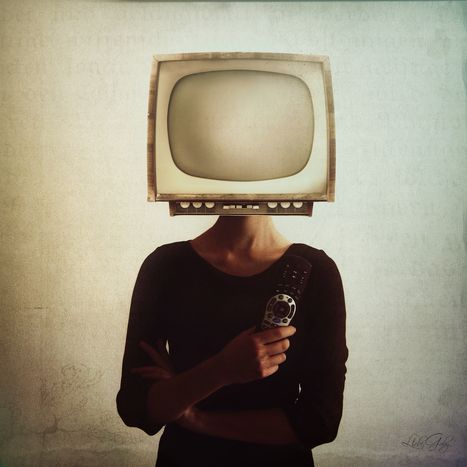
EU: TRANSLATION IN A MARKET ECONOMY
Published on
Translation by:
Garen Gent-RandallThe European Union's Directorate-General for Translation is one of the biggest translation providers in the world, and spends about €300m every year. However, despite the EU's aim of promoting a common culture, does it actually have a literary exchange policy?
Many associations whose goal is to defend literary exchanges, such as the European Society of Authors (ESA), remain sceptical. It's clear that published translations are few and far between. When invited to speak at a conference on 'Art and Language' at the Franco-Germano-Polish Genshagen Foundation (near Berlin - Ed.) in May 2013, the ESA's director, Camille de Toledo, made it clear that the answer was 'no'. But why? In the age of machine translation and pre-established frameworks where the translator only fills in the occasional word, Toledo sees the death of the author. One of the think tank's aims is to aid the emergence of a literary hub, independent from the EU's modern translation services. Camille de Toledo proposes 'building a technological platform which would prevent everything symbolic or without monetary value - texts, translations, messages, correspondences - from coming to depend on American technologies, because these technologies have no conscience and they don't care about the world of the text.'
The Poetry of words in the EU
The EU relies on the bureaucracy of translation, just as essential for managing current affairs and legal matters as for the production of official bulletins and the like. However essential and useful it is in these situations, such an approach to translation is impersonal by its very nature. In the majority of cases, the translated texts - treaties, deeds, minutes, and so on - have no named author. So what's the problem? Camille de Toledo thinks there's a risk that this will become commonplace for literary texts as well. That's why, instead of its current everyday practices, the EU needs to focus on the poetry of texts, which could even help to encourage a literary exchange policy.
Camille de Toledo highlights the fundamental distinction between the EU's communicative translation, which is effectively a 'mechanical task', and literary translation, which, on the other hand, remains a 'human task'. The EU is entirely focused on 'communicative' translations, which, literary societies say, fail to promote literature. Camille de Toledo has an important question: 'Who will pay for these translations? Books need time to travel, to move from language to language, and their translation is expensive. When the EU was founded, no-one considered this, and yet it's so important to the common language.'
the common language has been neglected
Putting the question of translation into a more global context, Camille de Toledo has an interesting theory. He thinks the EU's current identity crisis and the tensions it is experiencing are linked to the fact that this common language has been neglected. Singing the praises of translation, the art of intermediation, Toledo suggests that instead we should try to 'understand European citizenship by becoming translators of a sort, constantly moving from one context to another, from one grammar to another, from one culture to another.'
Borrowing Umberto Eco's famous words - 'translation is Europe's only common language' - the ESA wants to 'reconsider the poetic nature' of texts. Essentially, the intention and desire to write must emanate just as strongly from the translator as from the author. As such, translation is itself an act of creation. And this act is essential at a time when the promotion of economic, commercial and cultural exchanges is common. Literature has to be as easily exported as Italian wines or German cars. This is the challenge the ESA has set itself, joining others via the Finnegan project, named after a character from one of James Joyce's novels, which is written in multiple languages. Through this project, the ESA wants to create a European cultural heritage, reforging links between authors and translators working in official EU languages, but also European languages not recognised by the EU.
Translated from UE : la traduction face à l'Économie de marché



